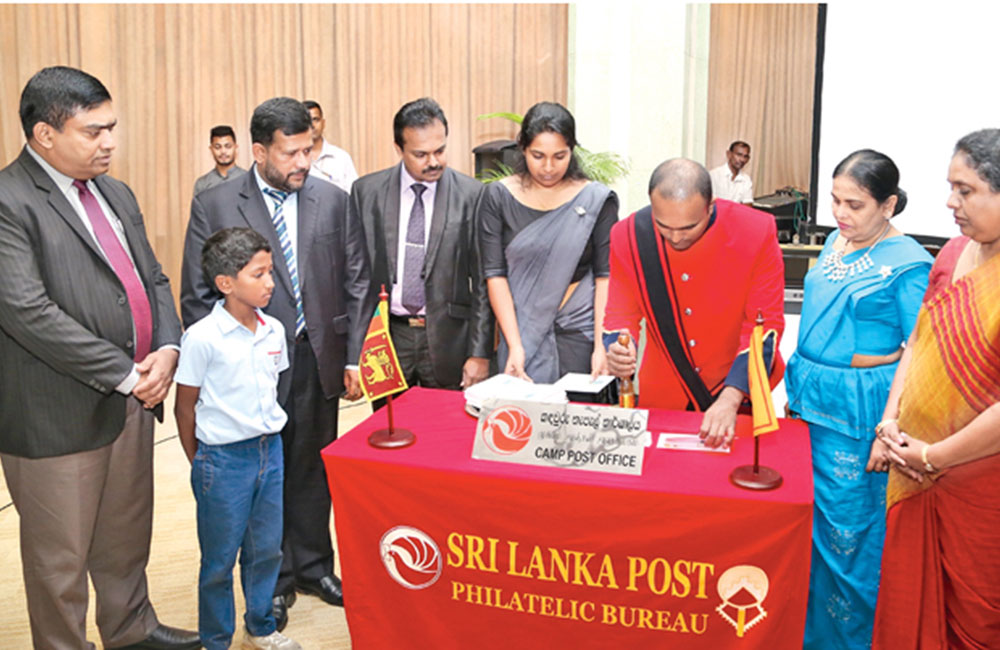After nearly two decades of a continued battle for its survival, the handloom sector of Sri Lanka has finally turned around.
“The handloom sector of Sri Lanka faced a setback and declined. However, several government initiatives have successfully revived the sector.
Today, many Lankan handloom makers are reaping good profits” said the Minister of Industry and Commerce Rishad Bathiudeen addressing the inauguration of the annual handloom expo and awards event “Ran Salu”.
The event also witnessed the issuance of a postal stamp by the Postal Department of Sri Lanka commemorating celebrating the 105 year anniversary of the Handloom Textile Training Centre in Rajagiriya. The handloom sector of Sri Lanka faced a setback and declined, starting from the 1990s. However, several government initiatives have successfully revived the sector.
“Today many Lankan handloom makers are reaping good profits.
I am pleased to say that at present, all handloom products made in Sri Lanka are selling fast, and we are unable to meet the demand.
Most sales revenues are from the Sri Lankan buyers and the rest of revenues are from tourists” said Minister Bathiudeen.”
Sri Lankan handlooms are also being exported now-India being the largest buyer. Most Lankan handloom makers are in the East. Among the other leading provinces for handlooms are central and Southern.
“Over 70% of handloom makers are women and therefore strengthening this sector is a way to empower rural women. This sector is also a contributor to government self-employment creation plans.”
“We are working on establishing a handloom dye and colour centre in the North Central Province with the latest technology. Still, it is important for the sector to recognize excellence. After ten years, we have sent Sri Lankan handloom makers to overseas training.”
Minister Batiudeen also felicitated Ms Chandani Thenuwara-a veteran of Sri Lankan handlooms and who formerly served at the Department of Textiles.
“My biggest contribution to Lankan handlooms is the introduction of shaded colouring technology to the fabrics which was not possible in pre-1970s,” said a jubilant Ms Thenuwara.

Leave your comments
Login to post a comment
Post comment as a guest